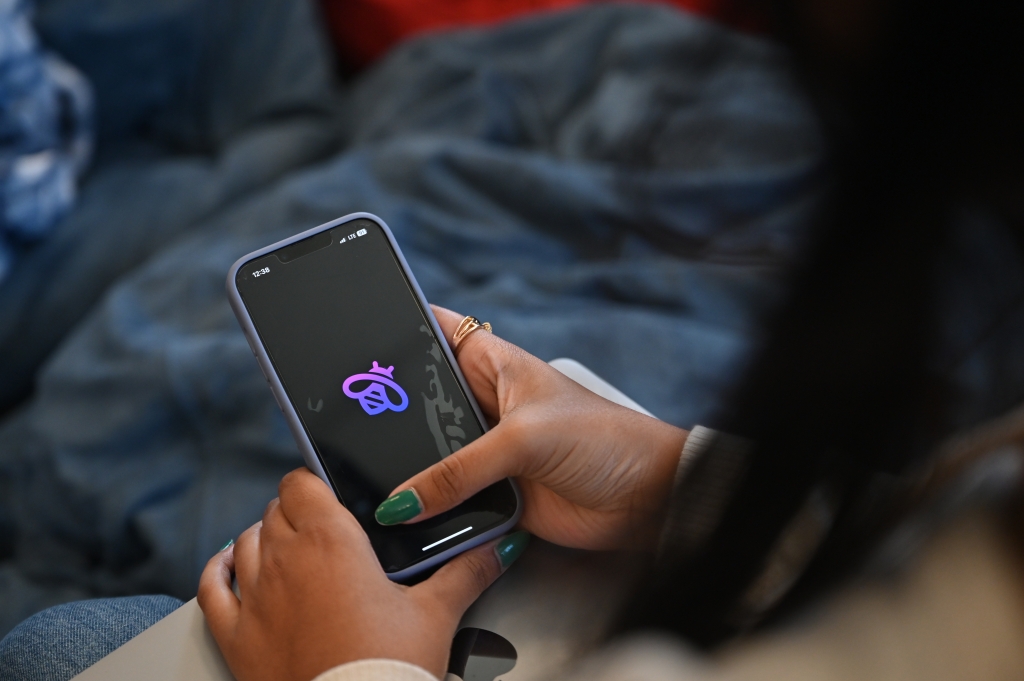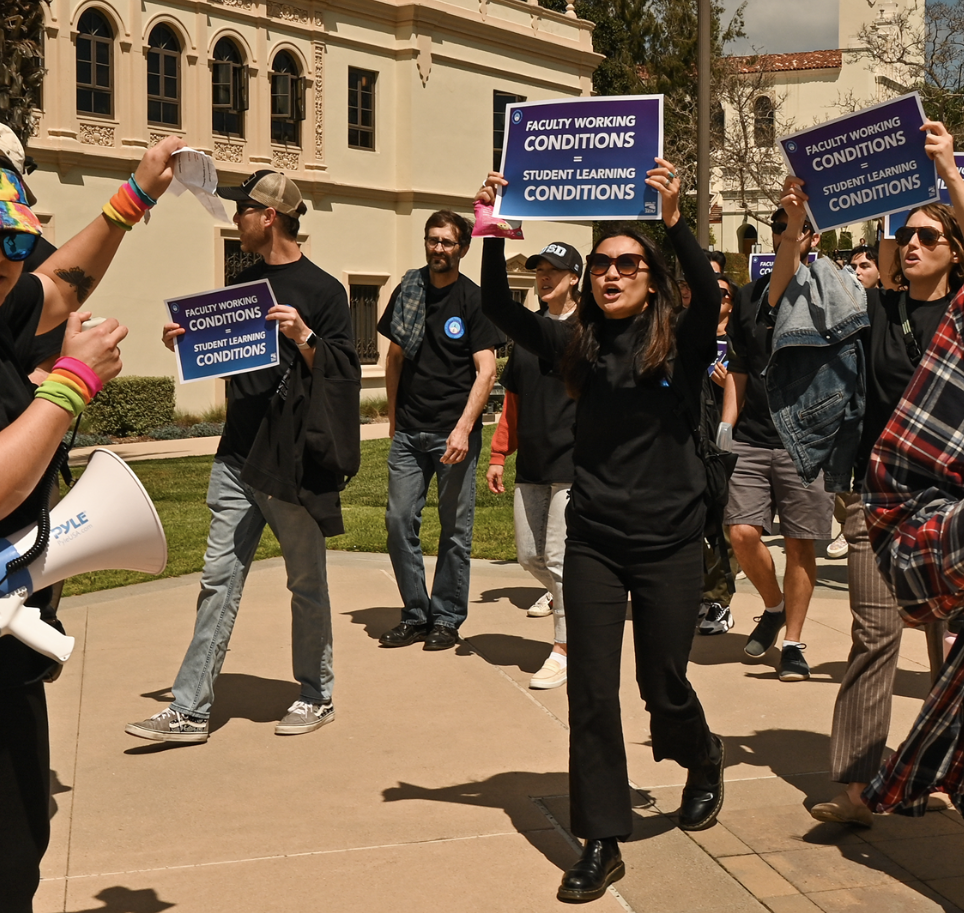I’m happy you’re still here
KATIE FOREMAN / FEATURE EDITOR
Trigger warning: Topics of suicide, self-harm and mental health disorders will be discussed.
September is National Suicide Prevention Month, and whether you’ve been directly impacted by the loss of a loved one due to suicide, have attempted yourself or have had suicidal thoughts and ideations, I want you to know that I am happy you are still here. This month (and every month) is a time to remember those who have passed away due to suicide and to recognize all of the individuals who have lost someone to suicide.

Photo courtesy of @recycle.tattoo/Instagram
Suicide is one of the leading causes of death in the United States. According to the Centers for Disease Control and Prevention (CDC), 48,183 people died from suicide in 2021 — that is equivalent to one death every 11 minutes. Not only did almost 50,000 people in the U.S. die from suicide in 2021, but 12.3 million adults contemplated suicide, 3.5 million adults made a plan to kill themselves and 1.7 million adults attempted suicide (CDC, 2023). Mental health has truly become an epidemic — mental health disorders impacted 57.8 million U.S. adults in 2021 which means more than one in five people faced some kind of mental health disorder. Just because someone appears to be “put-together” or “happy” does not mean they don’t have their own internal struggles and/or battles.
I understand that sometimes life is so overwhelming and it seems that the only way out is to end your life — seriously, I get it — but I also know that having a life is such a privilege, which we often forget. I am not saying that because life is a blessing you should always be happy and cheerful, but at the end of the day, we are worth so much more than our negative thoughts about ourselves.
Mental health disorders can make it extremely difficult to function at times and to even think that life is worth living. Some people have a hard time understanding that because they have not experienced it themselves, but I can almost guarantee you that you have met someone in your life who has struggled with suicidal thoughts, attempts or mental health disorders. Why does that matter? Well, because these are the types of issues that are not easily seen in plain sight. When mental health challenges and/or suicidal ideations go unaddressed, the lives of beautiful, wonderful human beings can be taken away. I know from personal experience that it can feel absolutely terrifying to open up about having struggles with these topics — writing this letter is one of those moments — but recognizing and addressing the harm that mental health disorders and suicide causes is the first step in getting people the help they need. It must be said that getting help does not make you “weak” or unable to “deal with” your thoughts; it means that you are strong enough to take a step to keep fighting and cope with your trauma and/or mental challenges.

Photo ourtesy of @timelycare/Instagram
I hold this topic very near to my heart, because I have felt like I was at the end of my rope. I have received counseling over the years to pull myself out of what seemed like a very dark hole. I was alone, scared and depressed. Honestly, just hopeless. Now at age 21, I look back at my teenage years and my heart breaks for the fact that I ever felt the only option was to give up.
I share from my own life only to convey that life seriously can get better, once you get help and start to love yourself more. Loving yourself and your life is not an overnight process. It is not an easy thing to do, but that is why I am so passionate about people getting the help they need — it can really turn your life around. It was not until I got help that I started to realize that my life was worth more than my thoughts told me. I encourage everyone to get help, whatever that looks like for you.
For anyone who is dealing with suicidal thoughts and/or mental health issues or knows someone struggling, there are so many options to start your process of helping and loving yourself. The Center for Health and Wellness Promotion (CHWP) works with students to offer initiatives toward a more healthy life. The CHWP also helps those dealing with substance abuse; it’s located in University Center 161 or you can email chwp@sandiego.edu. The USD Counseling Center also is available to any students who are looking for someone to talk to about what they are facing; it’s located in Saints Tekakwitha and Serra Hall 300 or you can call (619) 260-4655.
USD also offers students access to TimelyCare, an app that allows students to access mental health resources at any time. TimelyCare can be downloaded from the app store free of charge. The Campus Assault Resources and Education (CARE) is another service offered to any students who have dealt with or are currently experiencing sexual and/or relationship violence; to reach it call (619) 260-7777. The suicide hotline is available 24/7 and you can call or text it at 988. There is also a San Diego County suicide crisis hotline to call at (888) 724-7240 or visit their website https://988lifeline.org for more resources.
You are not alone. Your story is valued and important. You are valued and important. Wanting to end your life may seem like the “easiest” option, but I promise you that your life is so precious and you are such a treasure. There are so many people that love you and want you to be okay, including me. Whoever you may be, whatever you are currently facing, you are stronger than you realize. I have so much faith in you and know that you can start this healing journey. I am right there with you.
Sincerely,
Katie Foreman




Leave a comment